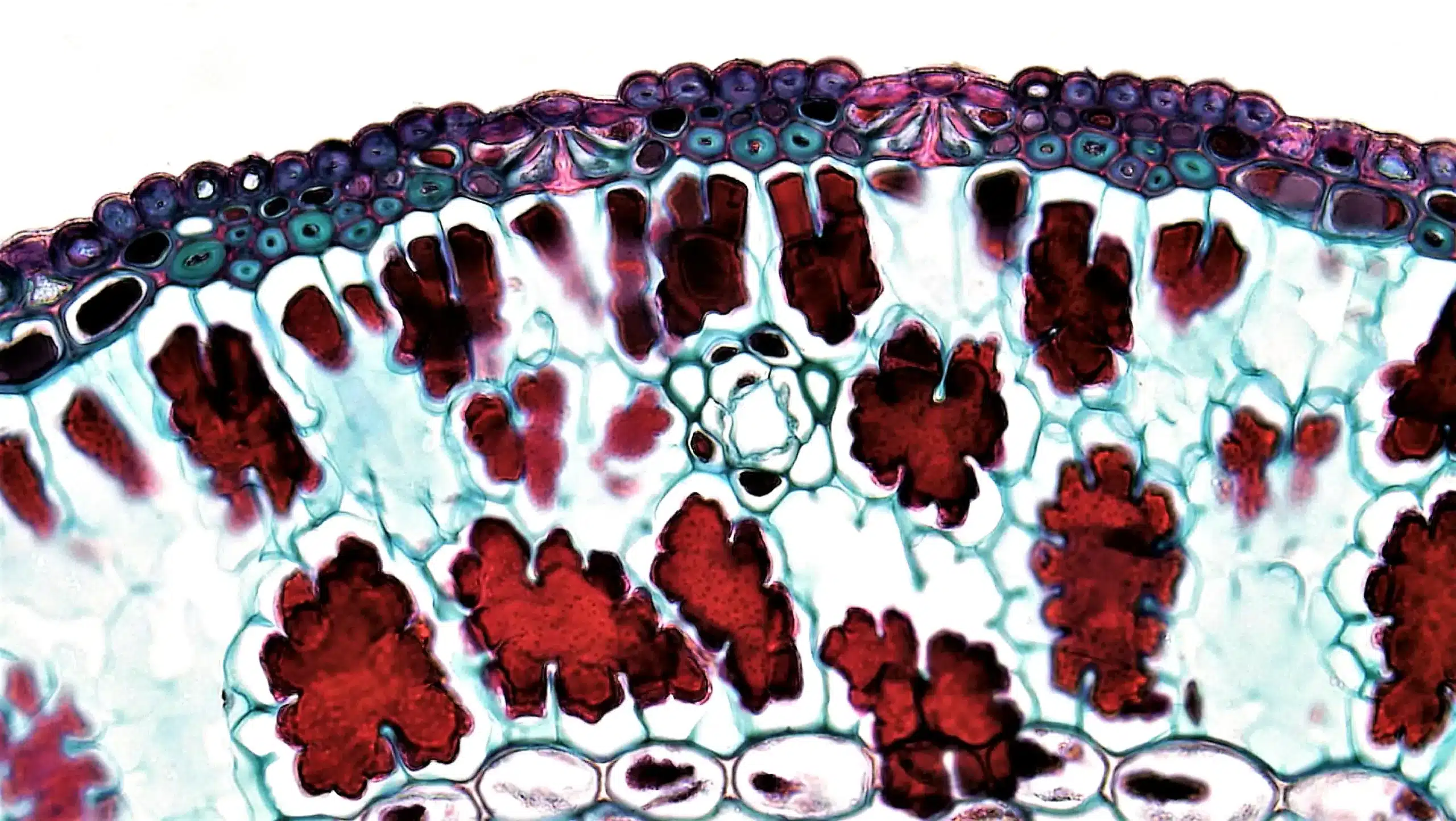Introduction:
Cancer, a formidable adversary that has plagued humanity for centuries, continues to pose significant challenges to public health worldwide. Despite advancements in diagnosis and treatment, cancer remains a leading cause of mortality, underscoring the urgent need for a deeper understanding of its underlying biological mechanisms. In this article, we delve into the multifaceted landscape of cancer biology, exploring the hallmarks of cancer, the molecular drivers of tumorigenesis, and the transformative implications for cancer research and therapy.
The Hallmarks of Cancer:
In the quest to unravel the mysteries of cancer, scientists have identified several hallmark characteristics that distinguish cancer cells from their normal counterparts. These hallmarks, first proposed by Hanahan and Weinberg in 2000 and subsequently updated, include sustained proliferative signaling, evasion of growth suppressors, resistance to cell death, activation of invasion and metastasis, induction of angiogenesis, and deregulation of cellular energetics and immune evasion. Understanding these fundamental principles provides a framework for deciphering the complex biology of cancer and developing targeted interventions to combat the disease.
Genetic and Molecular Drivers:
At the molecular level, cancer arises from a complex interplay of genetic and epigenetic alterations that disrupt normal cellular functions and unleash uncontrolled growth. Mutations in oncogenes, which promote cell proliferation and survival, and tumor suppressor genes, which restrain cell growth and prevent tumor formation, are common drivers of carcinogenesis. Additionally, alterations in DNA repair mechanisms, chromosomal instability, and dysregulation of signaling pathways contribute to the development and progression of cancer.
Tumor Heterogeneity and Evolution:
One of the defining features of cancer is its remarkable heterogeneity, both within individual tumors and among different patients. Tumor heterogeneity arises from genetic mutations, epigenetic modifications, and microenvironmental factors that shape the diverse cellular composition and behavior of cancer cells. This heterogeneity poses significant challenges for cancer diagnosis and treatment, as it can lead to variable responses to therapy and the emergence of drug-resistant clones. Understanding the dynamics of tumor evolution and clonal selection is essential for developing personalized treatment strategies tailored to the unique molecular profiles of individual patients.
Emerging Therapeutic Approaches:
Advances in cancer biology have paved the way for the development of novel therapeutic strategies aimed at targeting specific molecular vulnerabilities in cancer cells. Precision medicine approaches, such as targeted therapies and immunotherapies, exploit the molecular characteristics of tumors to deliver more effective and personalized treatments with fewer side effects. Targeted therapies inhibit key signaling pathways or molecular targets implicated in cancer progression, while immunotherapies harness the power of the immune system to recognize and eliminate cancer cells.
Moreover, emerging technologies such as CRISPR-Cas9 gene editing and CAR-T cell therapy offer promising avenues for precision cancer therapy by enabling precise manipulation of the cancer genome and enhancing the anti-tumor immune response. Additionally, the advent of liquid biopsies and circulating tumor DNA analysis holds potential for non-invasive monitoring of tumor dynamics and treatment response, facilitating early detection of recurrence and guiding therapeutic decision-making.
Conclusion:
Cancer biology represents a dynamic and rapidly evolving field that holds the promise of transforming our approach to cancer prevention, diagnosis, and treatment. By unraveling the intricacies of tumor biology and leveraging cutting-edge technologies, scientists are gaining unprecedented insights into the molecular drivers of cancer and developing innovative therapeutic strategies to combat the disease. As we continue to unravel the complexities of cancer biology, we move closer to a future where cancer becomes a manageable chronic condition rather than an insurmountable obstacle, offering hope to millions of patients worldwide.



[…] Cancer Detection: Liquid biopsy enables the detection of cancer at early stages when tumors are small and localized. By identifying circulating tumor biomarkers, […]
[…] immunotherapy represents a revolutionary approach to treating cancer, leveraging the body’s own immune system to recognize and eradicate malignant cells. This […]
[…] it comes to fighting cancer, CAR T cell therapy has revolutionized the field. This innovative treatment harnesses the power of […]
[…] The Epstein Barr virus (EBV) is a common and highly contagious virus that is a member of the herpesvirus family. It was first discovered in 1964 by Dr. Anthony Epstein and has since been linked to various diseases, including infectious mononucleosis and certain types of cancer. […]
[…] essential for the spread of the disease—a phenomenon we refer to as cancer metastasis. EMT equips cancer cells with new capabilities, coaxing them into adopting a more invasive form. This metamorphosis, […]
[…] intricate world of cancer biology is deeply influenced by the presence of oncogenes, which are essentially versions of normal genes […]
[…] a series of sequential events, with each stage contributing to the development and progression of cancer. By dissecting these stages, researchers gain insights into the underlying mechanisms driving […]
[…] of MYC gene amplification, researchers and clinicians aim to unravel the mysteries behind cancer initiation and progression, ultimately paving the way for more effective therapeutic […]